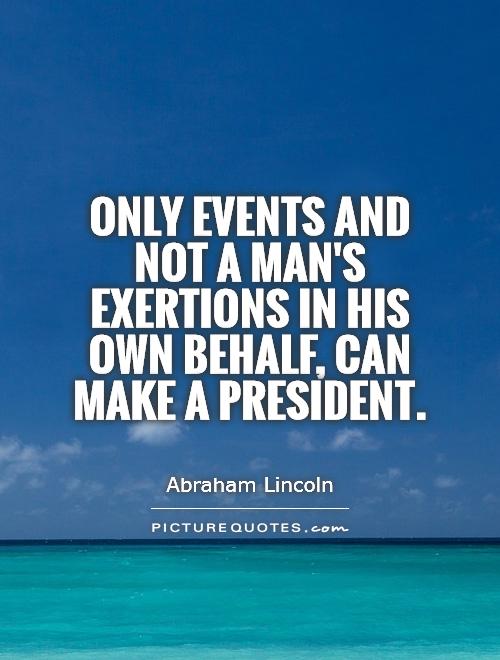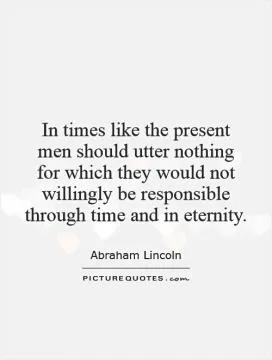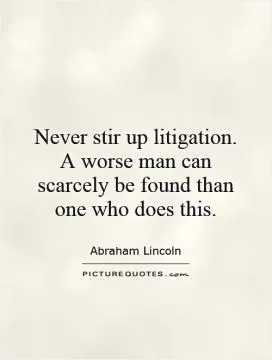Only events and not a man's exertions in his own behalf, can make a President

Only events and not a man's exertions in his own behalf, can make a President
Abraham Lincoln is often cited as a prime example of the idea that only events, and not a man's exertions in his own behalf, can make a President. Lincoln's rise to the presidency was not a result of his own ambition or strategic planning, but rather a series of events that unfolded in a way that ultimately led to his election as the 16th President of the United States.Lincoln's early life was marked by hardship and struggle. Born into poverty in a log cabin in Kentucky, he had very little formal education and worked various odd jobs to support himself. Despite these humble beginnings, Lincoln possessed a keen intellect and a strong sense of moral purpose. He was deeply committed to the ideals of equality and justice, and his passion for these principles would ultimately propel him to the highest office in the land.
Lincoln's political career began in the Illinois state legislature, where he served for several terms before being elected to the U.S. House of Representatives in 1846. However, it was his opposition to the spread of slavery that would define his political career and ultimately lead to his election as President. The events of the time, including the growing tensions between the North and South over the issue of slavery, created a political climate that was ripe for a leader like Lincoln to emerge.
In 1860, Lincoln was nominated as the Republican candidate for President, and he went on to win the election in a four-way race. His victory was not the result of his own efforts alone, but rather a confluence of events that had been building for years. The country was on the brink of civil war, and Lincoln's leadership was seen as crucial in guiding the nation through this tumultuous period.
Throughout his presidency, Lincoln faced numerous challenges, including the Civil War, which threatened to tear the country apart. His leadership during this time was marked by his steadfast commitment to preserving the Union and ending slavery. Despite facing immense pressure and criticism, Lincoln remained resolute in his convictions and ultimately succeeded in achieving his goals.












 Friendship Quotes
Friendship Quotes Love Quotes
Love Quotes Life Quotes
Life Quotes Funny Quotes
Funny Quotes Motivational Quotes
Motivational Quotes Inspirational Quotes
Inspirational Quotes